The above content is in the draft Law on Cadres and Civil Servants (amended) submitted by the Government to the National Assembly at the 9th Session.
The Government said that one of the notable points of this amendment to the Law is to improve the effectiveness of evaluating, using and screening cadres and civil servants.

Minister of Home Affairs Pham Thi Thanh Tra, on behalf of the Government, presented the draft Law to the National Assembly on the morning of May 7. (Photo: quochoi.vn)
The Draft Law stipulates that the assessment must be based on results and products according to the requirements of the job position, the level of meeting the requirements of the job position; public ethics of civil servants; ensuring publicity, impartiality, democracy, objectivity, consistency, continuity, and multi-dimensionality.
The assessment results are the basis for arranging, using, appointing, training, fostering, rewarding, disciplining and implementing policies for civil servants. Ensure screening and removal from employment of those who do not meet the requirements for performing public duties.
Accordingly, civil servants will be classified into 4 levels: excellent performance; good performance; performance and failure to perform. The results of civil servant evaluation and classification will be saved in the civil servant's file, notified to the civil servant being evaluated and publicly announced in the agency, organization or unit where the civil servant works.
" In case a civil servant is classified as not completing his/her tasks, the civil servant management agency shall consider and arrange him/her to a job position with a lower rank or dismiss him/her due to not meeting the requirements of the agency, organization or unit ," the draft Law clearly states.
When transferring to a position with lower requirements and a civil servant is evaluated as not completing his/her duties for 2 consecutive years, the civil servant management agency will dismiss him/her.
The Government believes that the proposed new regulations aim to eliminate the "lifetime tenure" mindset and improve administrative discipline and order.
The revised and supplemented contents create a synchronous legal corridor, modernize the management of civil servants in a dynamic, transparent and effective direction. Ensure the principle of using the right person for the right job, maximize the capacity of cadres and civil servants, and at the same time screen out cases that do not meet the requirements of the task.
" Contribute to building a team of professional, responsible, ethical civil servants and officials, serving well the cause of socio -economic development and the needs of people and businesses, " the Government emphasized.
Compared to the draft Law on Cadres and Civil Servants (amended) in April, the new proposal removes the 6-month monitoring process for civil servants who do not complete their tasks and allows immediate consideration and handling.
The content of the draft Law also changed significantly compared to current regulations. Currently, civil servants who do not complete their tasks for 2 consecutive years will be dismissed, and leaders who do not complete 2 years of their term will be reassigned to other jobs with lower requirements or not reappointed.
Examining this content, the National Assembly's Committee on Law and Justice said that evaluating civil servants based on specific results and products is more substantial, institutionalizing the Central's requirements on innovation in personnel work and screening out weak people.
At the same time, it contributes to overcoming one of the common limitations in the evaluation of cadres and civil servants in recent times, which is the situation where the evaluation is still formal, emotional, and not substantial.
Some opinions say that the purpose of evaluating civil servants "to screen, arrange into suitable positions, and dismiss civil servants who do not meet the requirements of the positions they hold" is new content. Therefore, the Government needs to develop clear, transparent, and quantifiable criteria, ensuring that they are linked to the results of performing tasks, public ethics, sense of responsibility, and the level of satisfaction of the people and businesses.
In addition, according to the auditing agency, it is necessary to research and promote the application of digital technology and automatic assessment criteria to monitor, store, and analyze the work results of civil servants objectively, limit sentiment, and ensure fairness and transparency in the screening process.
Vtcnews.vn
Source: https://vtcnews.vn/co-the-cho-thoi-viec-ngay-voi-cong-chuc-khong-hoan-thanh-nhiem-vu-ar941860.html








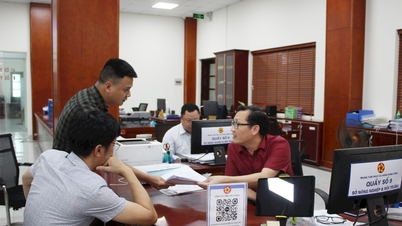



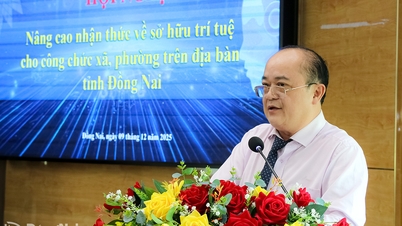

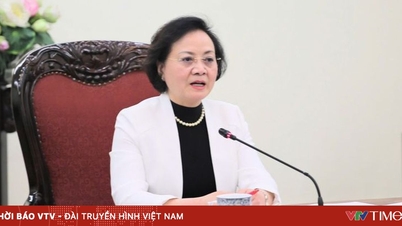



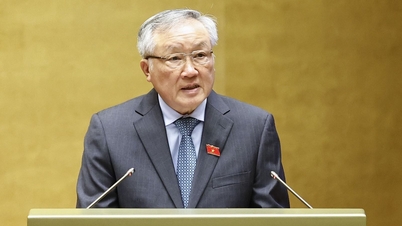

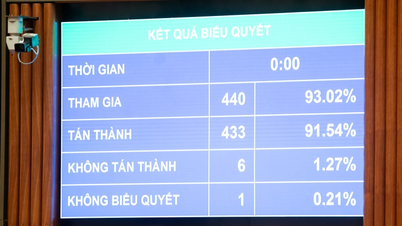



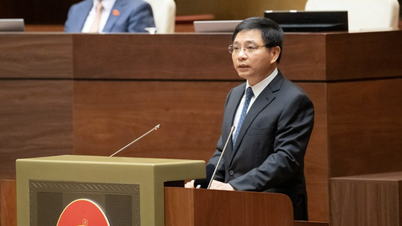

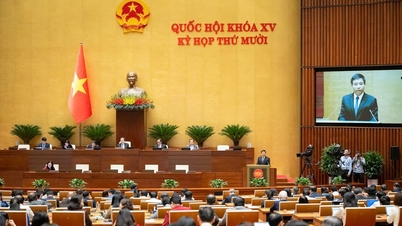
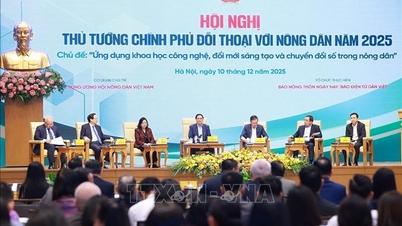






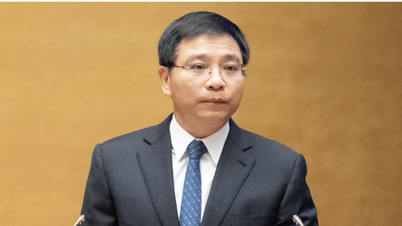

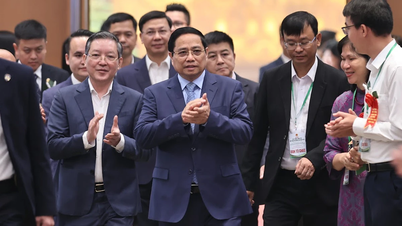




![[Photo] Urgently help people soon have a place to live and stabilize their lives](/_next/image?url=https%3A%2F%2Fvphoto.vietnam.vn%2Fthumb%2F1200x675%2Fvietnam%2Fresource%2FIMAGE%2F2025%2F12%2F09%2F1765248230297_c-jpg.webp&w=3840&q=75)




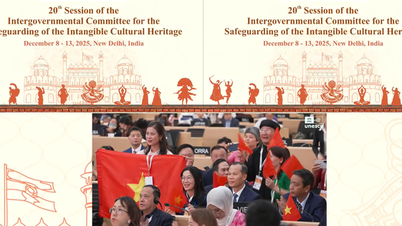

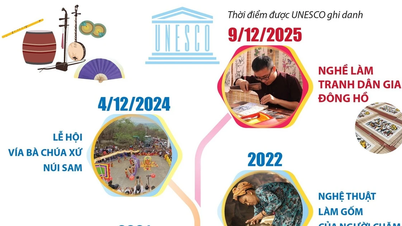





























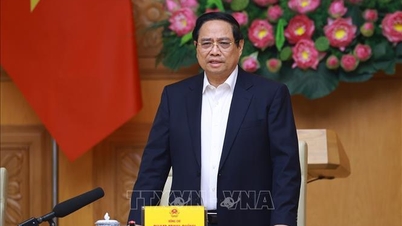






































Comment (0)